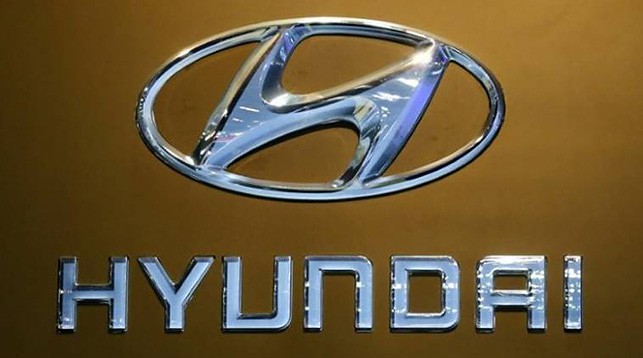NEWS
Hyundai Motor will produce 500 thousand hydrogen cars annually by 2030

The largest Korean automaker Hyundai Motor intends to expand the production of environmentally friendly vehicles. By 2030, the company plans to annually produce about 500 thousand cars running on hydrogen fuel, reports Xinhua news agency.
In the future, Hyundai Motor aims to increase the production of cars with a hydrogen-electric engine (FCEV), including cars and commercial vehicles. The company also seeks to expand the scope of application of hydrogen fuel systems, supplying them with enterprises for the production of UAVs and ships.
According to current projections, over the next 11 years, global demand for FCEV engines will increase significantly. To satisfy it, the company Hyundai Motor is ready by 2030 to invest about $ 6.7 billion in advanced research and development, increasing production capacity. An important step in this direction will be the construction of a second plant for the production of hydrogen fuel cell systems in the city of Changzhou, located about 100 km south of Seoul - the capital of the Republic of Korea. It is expected that the company will allow Hyundai Motor to increase the production of hydrogen engines from 3 thousand to 40 thousand per year by 2022.
Hydrogen fuel cell today is seen as a promising source of energy. The main advantages of hydrogen fuel are that it is environmentally friendly and has an almost inexhaustible resource. A hydrogen fuel cell produces electricity through an electrochemical reaction, the only by-product of which is water vapor and heat. In addition, hydrogen fuel systems have an advantage over internal combustion engines in terms of efficiency.



